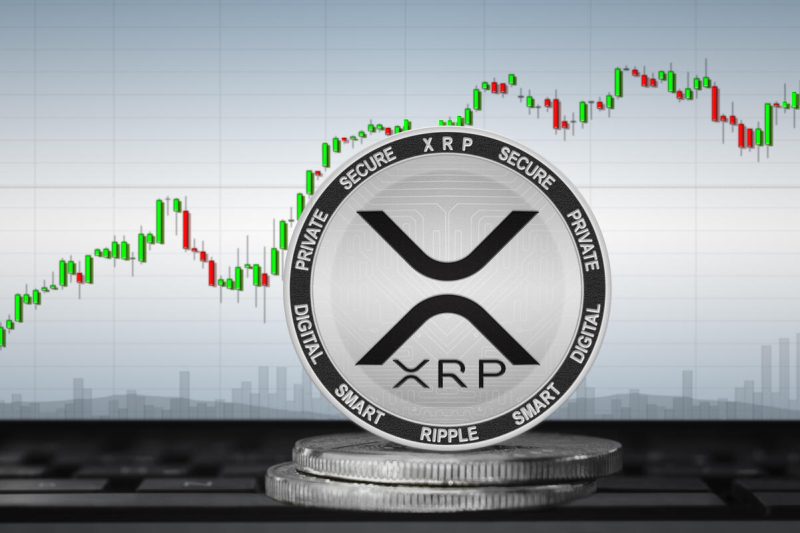Singapore, September 18, 2025 – Ripple, DBS Bank, and asset manager Franklin Templeton are joining forces to bring repo-style financing to the blockchain. The three firms signed a memorandum of understanding (MoU) to create tokenized trading and lending solutions based on money market funds and stablecoins, all powered by the XRP Ledger.
The goal is simple: give institutional and accredited investors faster, more flexible ways to trade, lend, and use tokenized assets as collateral.
What’s Being Rolled Out
Franklin Templeton is introducing a new token called sgBENJI, which represents its Franklin Onchain U.S. Dollar Short-Term Money Market Fund. This token will live on the XRP Ledger.
On DBS’s Digital Exchange (DDEx), sgBENJI will be listed alongside Ripple’s stablecoin, RLUSD. Eligible investors will be able to swap between the two tokens, enabling quick portfolio adjustments while earning yield through the money market fund.
Looking ahead, DBS plans to allow sgBENJI holders to use their tokens as collateral for borrowing. These loans could happen through repo agreements run by the bank or on third-party platforms, with DBS serving as collateral custodian.
Why It Matters
This initiative has several advantages:
- Speed and efficiency: Traditional money market redemptions can take days. With tokenized funds on a public blockchain, investors can trade or convert assets instantly, even on weekends.
- Liquidity with yield: Crypto investors often face challenges balancing volatility and returns. This setup offers access to a regulated yield-earning asset (sgBENJI) while keeping liquidity options open.
- Bridging TradFi and blockchain: With trusted institutions like DBS and Franklin Templeton leading the effort, the project provides a regulated entry point for tokenized finance, potentially boosting adoption.
Challenges Ahead
Despite its promise, the project faces hurdles:
- Regulatory oversight: Repo markets and tokenized assets must meet strict legal and compliance standards.
- Operational risks: Network resilience, settlement security, and market stress scenarios will need close management.
- Adoption and liquidity: Success depends on institutional comfort with holding and using sgBENJI and RLUSD at scale.
If successful, this collaboration could reshape how repo markets operate, embedding tokenized securities into mainstream finance. It may also influence regulatory frameworks for digital assets in Singapore and beyond. As demand for institutional-grade blockchain products grows, initiatives like this could turn tokenized assets into essential tools for liquidity, funding, and risk management.
